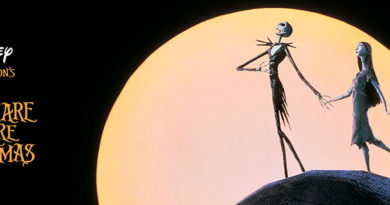The Evolution of Composition
BY ZENAS JONES
Staff Writer

The lights dim, and the crowd begins to erupt in cheers and chants of the artist who has prepared to put on a show in front of a capacity crowd.
Out of the thousands of people who occupy the seats in the venue, there is possibly a handful of fans that actually think about what it takes to make the music. There is cautious care in making sure that it sounds pleasing to the ear. The difference between how music is composed now and how it used to be composed is actually quite large.
Classically trained musicians could very well view the idea of sitting behind a computer and a midi controller – a piano that connects via USB which controls digital audio workstations – as something difficult to get used to.
Unlike producers who flood iPod and Spotify playlists, classically trained musicians are instructed with a vintage themed curriculum. Playing classical pieces by well-known composers such as Mozart, Beethoven, Chopin or even Brahms allow for a foundation of musical knowledge to build upon a style of their own.
Sitting behind a computer, however, could very well prove to be unfamiliar and possibly a hindrance.
“When a composer has devoted too much time to the tools instead of the music, you can sense it”, said Sebastián Castellanos, a graduate student who plays the bassoon and classical guitar.

This is something that producers tackle with when it comes to the music that they create: to not make it sound completely artificial, with no ounce of authenticity.
Another thing that makes the composition of music different from music of the past is the context of the music. Listeners today may be reluctant to listen to a song if it is not catchy to the ear or have some sort of addictive melody.
“Everything depends on the context,” says Castellanos. “It’s challenging the way we perceive music.”
From the modern producer’s point of view, however, they would look at the change in the way music is composed as quite efficient and even advantageous to the old fashioned way that it is made.
“It’s extremely convenient for there to be software and hardware that artists or composers can use,” said Micah Nesson, junior. “It’s just extremely easy for any artist to use some sort of software where they can draw in musical notes or create different sounds with the click of a mouse.”




Pretty! This was an extremely wonderful post.
Thank you for providing this information.